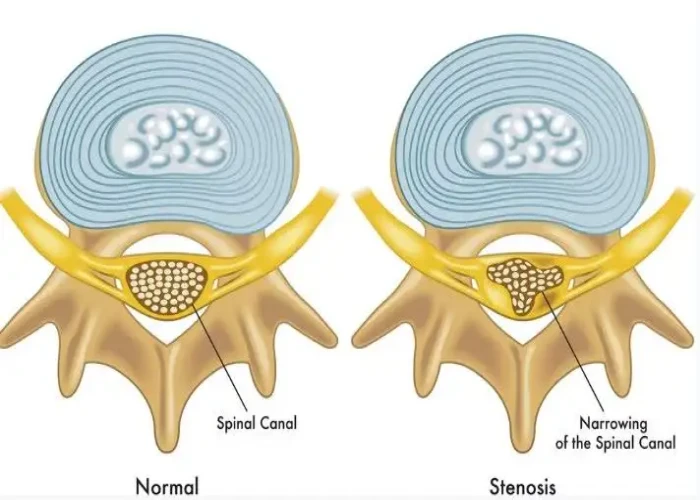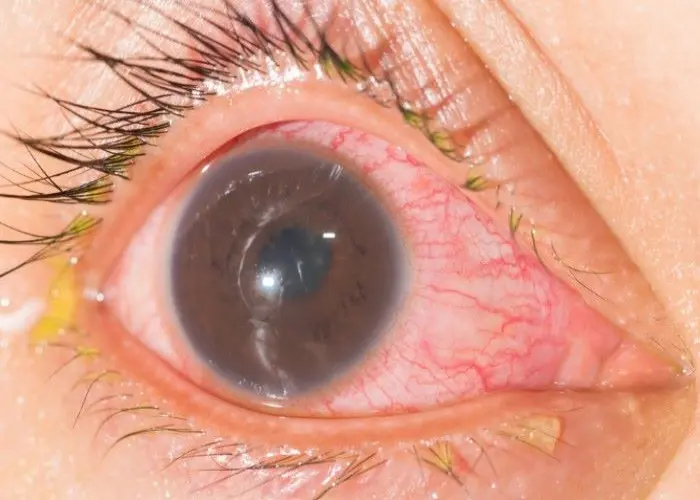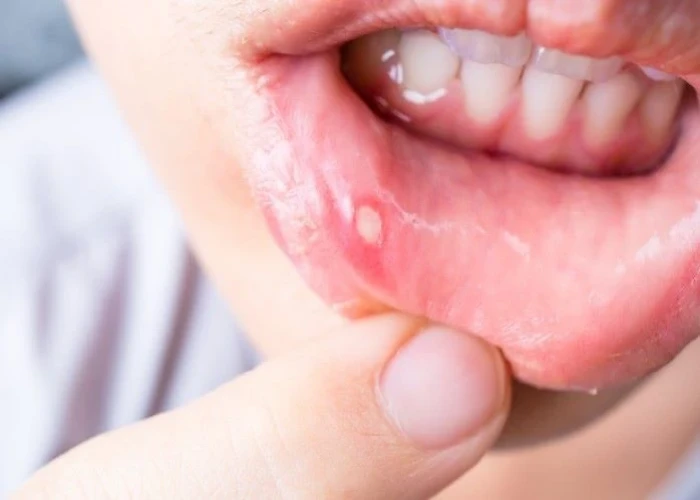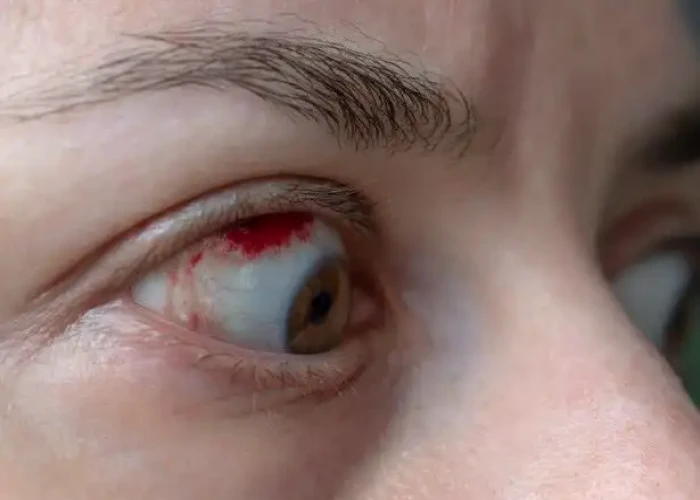 Welcome
Welcome
“May all be happy, may all be healed, may all be at peace and may no one ever suffer."
Ebola virus and Marburg virus

Ebola virus and Marburg virus are both members of the family Filoviridae and can cause severe hemorrhagic fever in humans and non-human primates.
The Ebola virus was first identified in 1976 in what is now the Democratic Republic of the Congo. It is transmitted to humans from wild animals (such as fruit bats, chimpanzees, or gorillas) and can then spread from person to person through contact with bodily fluids such as blood, vomit, or feces. Symptoms of Ebola virus disease (EVD) can include fever, headache, muscle pain, weakness, diarrhea, vomiting, and internal and external bleeding. There is no specific treatment for EVD, but supportive care can improve the chances of survival.
The Marburg virus was first identified in 1967 when outbreaks occurred simultaneously in Marburg, Germany, and Belgrade, Serbia. Like Ebola virus, it is also transmitted to humans from wild animals and can then spread from person to person through contact with bodily fluids. Symptoms of Marburg virus disease (MVD) are similar to EVD and include fever, headache, muscle pain, weakness, and diarrhea. There is also no specific treatment for MVD, but supportive care can help improve outcomes.
Both Ebola virus and Marburg virus are highly contagious and can cause severe illness and death. Outbreaks of these viruses have occurred primarily in sub-Saharan Africa, but there have also been sporadic cases in other parts of the world. Preventing the spread of these viruses involves measures such as proper infection control, use of personal protective equipment, and rapid identification and isolation of suspected cases.
Research Papers
Disease Signs and Symptoms
- Fever
- Bleeding, usually from the eyes, and when close to death, possible bleeding from the ears, nose and rectum
- Internal bleeding
- Excessive bruising
- Weight loss
- Burning stomach pain
- Sore throat
- Cough
- Chest pain
- Skin rash
- Red eyes (conjunctivitis)
- Diarrhea
- Nausea or vomiting
- Weakness
- Fever and chills
- Muscle pain
- Headaches
- Ebola virus
Disease Causes
Ebola virus and Marburg virus
Ebola virus has been found in African monkeys, chimps and other nonhuman primates. A milder strain of Ebola has been discovered in monkeys and pigs in the Philippines.
Marburg virus has been found in monkeys, chimps and fruit bats in Africa.
Transmission from animals to humans
Experts suspect that both viruses spread to humans through an infected animal's bodily fluids. Examples include:
- Blood. Killing or eating infected animals can spread the viruses. Scientists who have operated on infected animals as part of their research have also caught the virus.
- Waste products. Tourists in certain African caves and some underground mine workers have been infected with the Marburg virus, possibly through contact with the feces or urine of infected bats.
Transmission from person to person
People who have Ebola virus or Marburg virus typically don't become contagious until they develop symptoms. The viruses can spread through blood, body fluids, or contaminated items such as bedding, clothing or needles. Family members can be infected as they care for sick relatives or prepare the dead for burial.
Medical personnel can be infected if they don't use specialized personal protective equipment that covers them from head to toe.
There's no evidence that Ebola virus or Marburg virus can be spread via insect bites.
Disease Prevents
Ebola virus and Marburg virus
Prevention focuses on avoiding contact with the viruses. The following precautions can help prevent infection and spread of Ebola virus and Marburg virus.
- Avoid areas of known outbreaks. Before traveling to Africa, find out about current epidemics by checking the Centers for Disease Control and Prevention website.
- Wash your hands frequently. As with other infectious diseases, one of the most important preventive measures is frequent hand-washing. Use soap and water, or use alcohol-based hand rubs containing at least 60% alcohol when soap and water aren't available.
- Avoid bush meat. In developing countries, avoid buying or eating the wild animals, including nonhuman primates, sold in local markets.
- Avoid contact with infected people. In particular, caregivers should avoid contact with an infected person's body fluids and tissues, including blood, semen, vaginal secretions and saliva. Also avoid the person's clothing, bedding or other items that may have touched him or her. People with Ebola virus or Marburg virus are most contagious in the later stages of the disease.
- Follow infection-control procedures. If you're a health care worker, wear specialized personal protective equipment that covers you from head to toe. Keep people who have the viruses isolated from others. Safely throw away needles and sterilize other instruments.
- Don't handle remains. The bodies of people who have died of Ebola virus or Marburg virus are still contagious. Specially organized and trained teams should bury the remains, using appropriate safety equipment.
Vaccine approval and research development
The U.S. Food and Drug Administration (FDA) recently approved an Ebola vaccine. It's given as a single dose and has been found to be effective and safe to use.
Another Ebola vaccine has been developed and used in the Democratic Republic of Congo in a research study. It requires two doses, taken 56 days apart.
Scientists continue to work on a variety of vaccines that would protect people from Ebola virus and Marburg virus. Research is ongoing.
Disease Treatments
The U.S. Food and Drug Administration (FDA) has approved a medication that's a combination of three monoclonal antibodies (Inmazeb) and a single monoclonal antibody medication (Ebanga) to treat Ebola virus disease caused by a specific type of Ebola virus.
No antiviral medications have proved effective in treating infection with Marburg virus.
Supportive hospital care includes:
- Providing fluids
- Maintaining blood pressure
- Providing oxygen as needed
- Replacing lost blood
- Treating other infections that develop
Disease Diagnoses
Disease Allopathic Generics
Disease Ayurvedic Generics
Disease Homeopathic Generics
Disease yoga
Ebola virus and Marburg virus and Learn More about Diseases

Marfan syndrome

Illness anxiety disorder

Membranous nephropathy

Spinal stenosis

Iritis

Bronchiectasis

Mouth Ulcer

Subconjunctival hemorrhage (Broken blood vessel in eye)
ebola virus, marburg virus, ইবোলা ভাইরাস, মারবার্গ ভাইরাস
To be happy, beautiful, healthy, wealthy, hale and long-lived stay with DM3S.
